In our series on the six essential tastes in the Ayurvedic diet, we bring to you useful guidelines about each taste. Today is all about eating salty food.
Effects Of Salty Foods On The Doshas
Let’s start with some basics. As many of you already know, much of the foundations of Ayurveda lay in the concept of the five elements: ether, air, fire, water, and earth. Did you also know that each taste is said to be created with a combination of these elements? Yes.
Salt is made up of water and fire. Pitta is dominated by these two elements. And therefore you can easily guess that most salt is Pitta aggravating. It also aggravates Kapha due to the water element. However, salt is very good for Vata.
But it doesn’t mean that Pittas and Kaphas should avoid eating salty food. Just include smaller quantities, while Vatas can eat salty foods in slightly higher amounts.
Benefits Of Salty Foods
- The salty taste is very essential for nutrient absorption and digestion.
- Salt maintains electrolyte balance in the body.
- It supports the function of structure since it increases Kapha.
- It keeps the body moist as well as warm.
- Salt has a grounding effect.
- It increases the sense of calmness.
- It stimulates urination and thus promotes detoxification.
- Salt helps remove phlegm from the lungs.
Foods That Contain Salt
- Dairy
- Seaweed
- Celery
- Soy sauce
- Salt
- Any food to which salt has been added
- Processed foods (not recommended by Ayurveda)
Choosing The Right Salt
There are many kinds of foods that contain salt, but many of them are unhealthy. Freshly cooked vegetarian food without artificial ingredients, flavoured with healthy salt offers most benefit. When cooking and eating salty food, choose from these three healthy salts:
1. Black Salt
It is also known as kala namak in India. It is quite heaty in nature and therefore makes a good option for Vatas in cold climate. But Pittas shouldn’t eat much of it. Black salt has very high amounts of iron and sodium sulfate.
2. Sea Salt
It comes from sea water, as the name suggests. It’s a much healthier alternative to table salt since it has all its natural nutrient content intact with minerals like sodium, potassium, magnesium, and zinc. It is alkaline in nature.
3. Himalayan Pink Salt
It comes from the ancient seabed under the Himalayas. It is extremely healthy since it contains over 50 minerals like potassium, magnesium, and iron.
Dangers Of Eating Salty Foods In Excess
Eating too many foods with high salt content – especially processed and frozen foods – can do the body a whole lot of harm.
- Salty snacks in excess can increase the risk of kidney stones since they disturb the balance of sodium to potassium.
- Excess salt also increases blood pressure. So, those with hypertension or cardiac illnesses should exercise strict moderation.
- It leads to water retention and swelling in the body.
- It can increase the risk of stomach ulcers and other Pitta disorders.
- Eating too many foods that contain salt is also bad for the bones and teeth since it leads to the loss of calcium through excess urination.
Note: Posts on Ayurvedum are solely for the purpose of sharing the goodness of Ayurveda and bringing awareness about natural and healthy living. Please do not substitute it for professional medical advice. Ingredients discussed can interfere with certain medications. So, before using anything to treat yourself, always consult an Ayurveda doctor or practitioner.

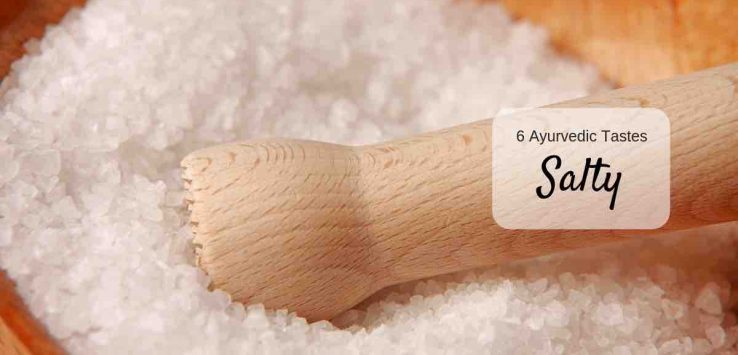
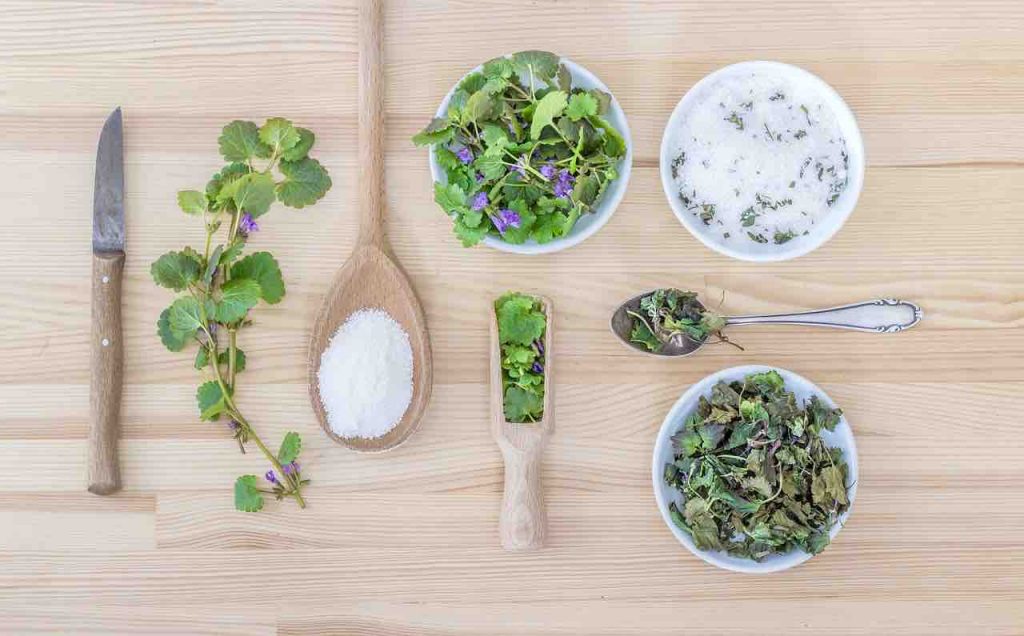
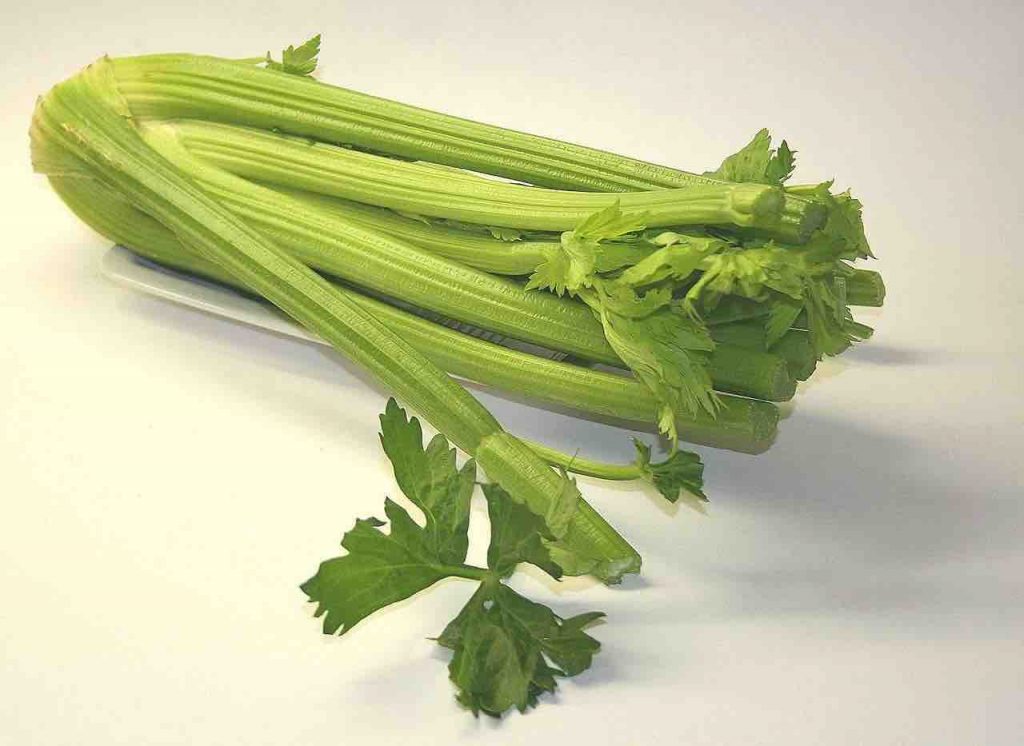
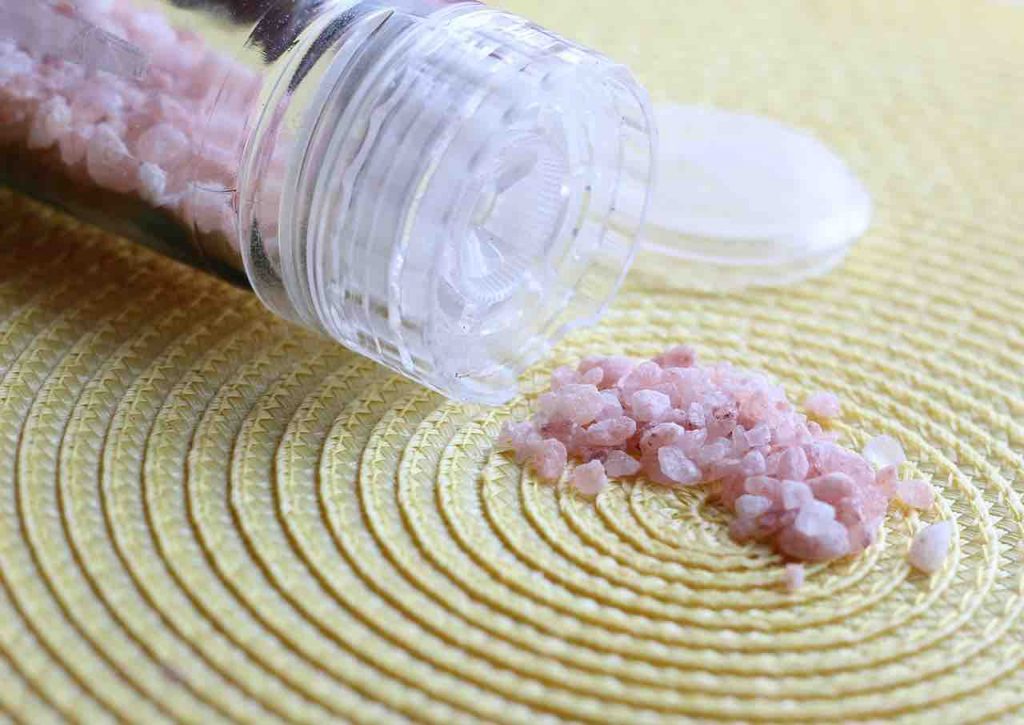
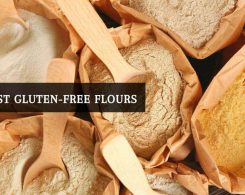
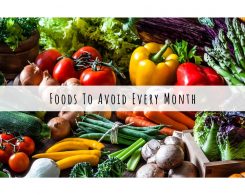
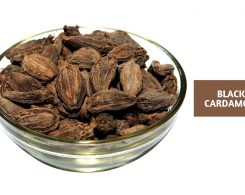

Leave a Reply